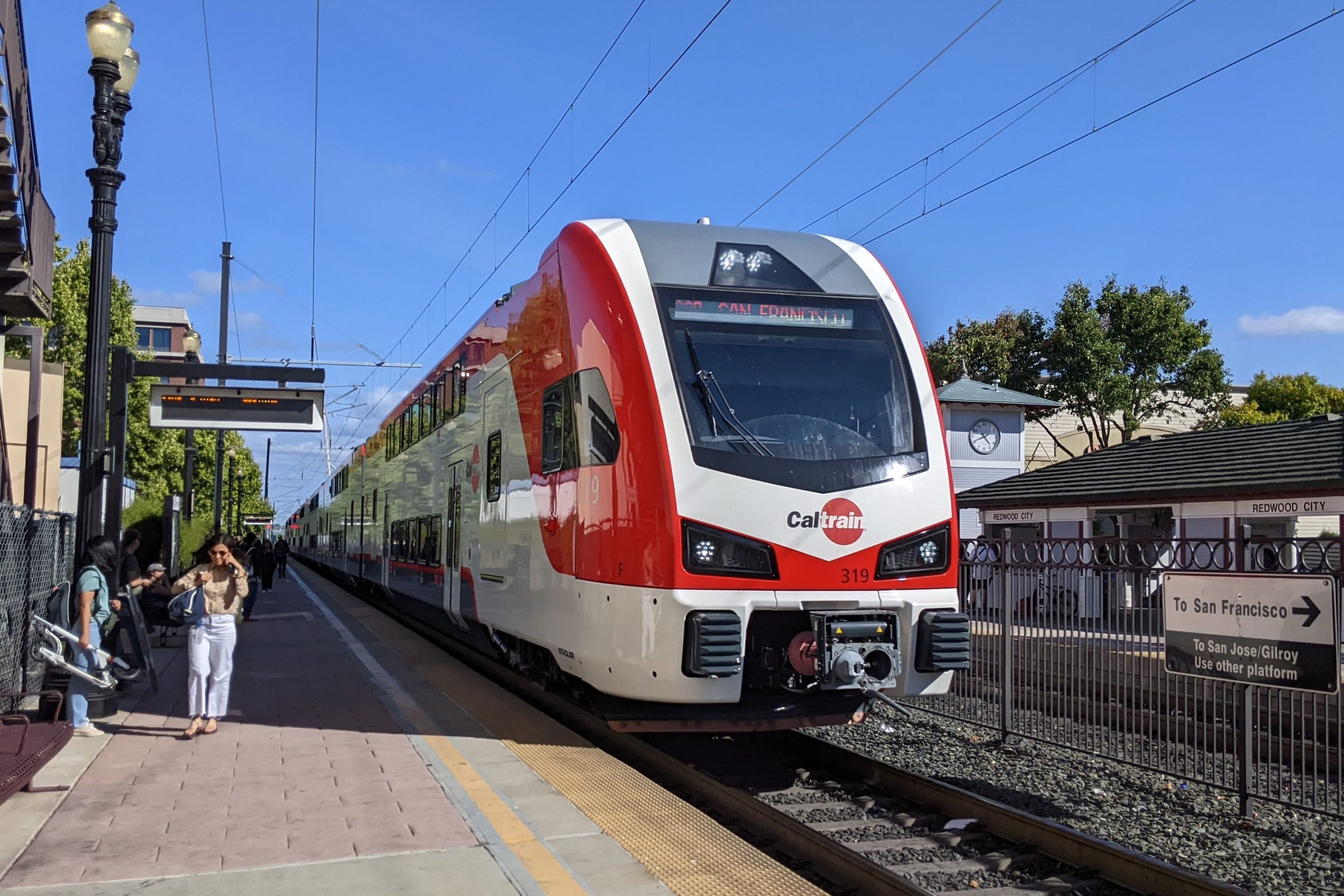Goldman Sachs today confirmed that the
taxpayer-subsidized debt offering known as Build
America Bonds (BABs), which have helped several urban transit
agencies and state DOTs pay for new projects since last year, tend to
result in higher underwriting fees for Wall Street banks than most
tax-exempt municipal bonds.
 (Chart: WSJ)
(Chart: WSJ)Responding
to an
inquiry from Sen. Chuck Grassley (R-IA), Goldman CEO Lloyd
Blankfein said that his firm's underwriting profits for BABs have ranged
from 0.6 percent to 0.875 percent of the borrowed amount, a level
similar to corporate bonds with higher, "investment-grade" ratings.
Blankfein estimated underwriting profits for tax-exempt municipal
bonds, or "munis" -- which cities and states have relied on for the bulk
of past infrastructure projects -- at between 0.5 percent and 0.6
percent of the borrowed amount.
Goldman's response comes on the heels of a Wall
Street Journal report that revealed underwriting fees for BABs
issued to fund Washington D.C.'s Silver Line transit extension and San
Francisco's Bay Bridge repair work.
A transportation official working on the latter project told the
Journal that underwriting fees for the Bay Bridge BABs were
significantly higher than those for tax-exempt munis.
Blankfein defended the higher fees in a letter to Grassley, noting
that BABs are a relatively new program created by last year's economic
stimulus law. "As BABs have become better known to investors,
underwriting fees have come down," the controversial
CEO wrote.
Grassley was unmoved by the firm's response and issued a statement
warning Democrats about the BAB expansions included in a
transportation-centric jobs
bill that is set for final passage this week.
“Build America Bonds are portrayed as an easy way to help school
kids and
green energy," the senator said. "What’s left out is that this is a
spending program
disguised as a tax cut, getting bigger each year, and Wall Street takes a
healthy share."
It should be noted that Grassley, the senior Republican on the
tax-writing Senate Finance Committee, endorsed an expansion of BABs in
an early version of the current jobs bill that he drafted with Finance
chief Max Baucus (D-MT). However, the House has since expanded the
bill's level of taxpayer subsidy for clean-energy and
school-construction BABs to more than double the level proposed in
President Obama's latest budget.
One issue that went unaddressed in Grassley's inquiry was the level
of negotiated yield for BAB offerings, which determines how much money
transit agencies and state DOTs can raise from their debt sales. A
Bloomberg investigation last spring found that New York City's
Metropolitan Transportation Authority could have raised $9 million more
to plug its budget gap by lowering the yield for its BAB sale by 0.1
percent.





